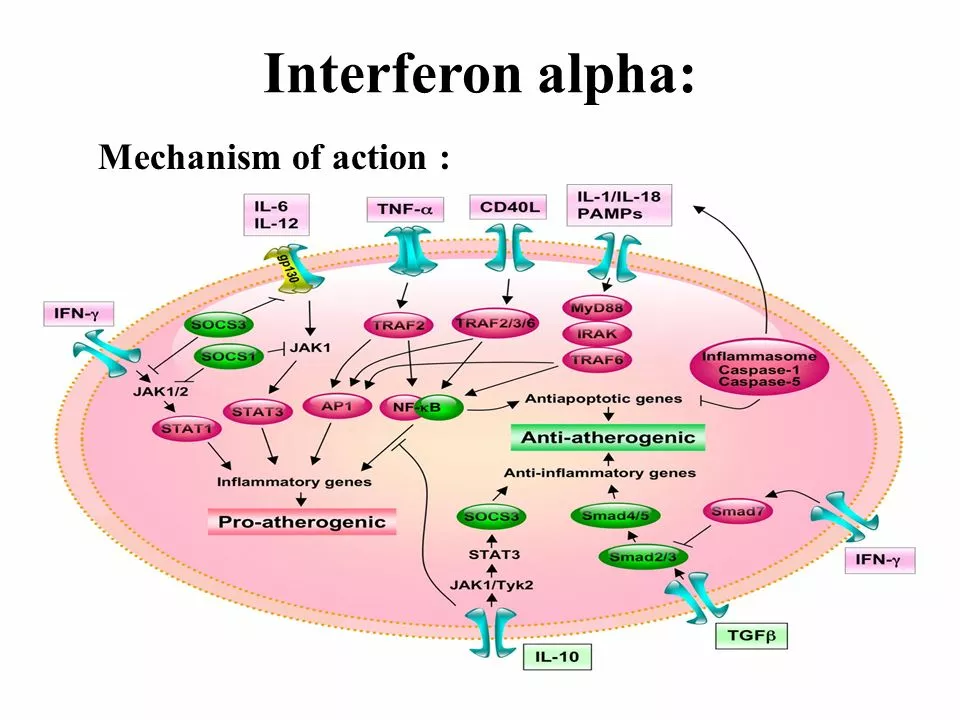Understanding Mechanisms: How Your Medications Actually Work
Ever wonder how those pills and treatments you take actually do their job? It’s not magic—there’s a clear science behind how medicines and therapies affect your body. Getting a grip on these mechanisms can help you use your meds smarter and manage expectations about their effects.
How Pain Relievers Like Etodolac Fight Inflammation
Take Etodolac, for instance—a popular NSAID used for pain and inflammation relief. It blocks enzymes called COX that trigger inflammation and pain signals. By stopping these enzymes, Etodolac lowers swelling and eases discomfort. But remember, while it helps with inflammation, it can also bring side effects like stomach upset if not used properly.
What Makes Acid Reflux Meds Like Prevacid Work?
When heartburn hits, drugs like Prevacid (a proton pump inhibitor) come to the rescue. They target stomach cells that produce acid and reduce acid output. This gives the esophagus a break from irritation and helps heal damage. Using it right matters because cutting stomach acid too much can cause other issues.
Besides these examples, medications affect the body in many ways—some change hormone levels, others block nerve signals or kill bacteria. Understanding these basic actions can make you feel more confident about your treatment choices.
Next time you’re prescribed something or pick up a supplement, think about what it’s doing inside you. Knowing the mechanism gives you an edge in talking with your doctor, spotting side effects early, and following instructions correctly. It’s your health—make the science work for you!

A Pharmacological Overview of Acotiamide: Mechanisms and Actions
In my latest blog post, I've delved into the fascinating world of Acotiamide, a relatively new medication used to treat functional dyspepsia. I explored its unique mechanisms and actions, which include enhancing gastric motility and promoting the release of acetylcholine to improve digestion. Additionally, I discussed how Acotiamide also reduces the sensitivity of stomach muscles, making it an effective treatment option for people struggling with painful symptoms. Throughout the post, I provided a comprehensive pharmacological overview, highlighting its potential benefits and the research supporting its use. So, if you're interested in learning more about Acotiamide, head over to my blog to read the full article!
Continue Reading



